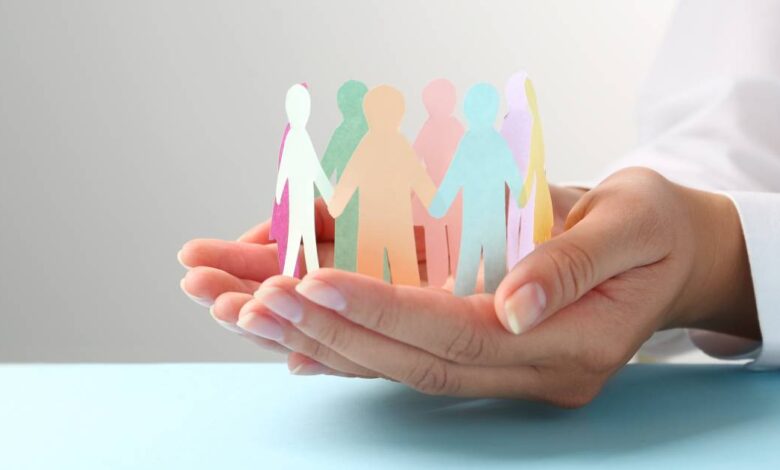Looking to Specialize in Human Rights Law in the U.S.? Here’s what to Know

Whether you want to focus on the rights of refugees and immigrants or land a job at the U.N., a Human Rights Law specialization allows students to pursue important work both domestically and internationally.
Jeffrey Brauch, a professor at Regent University who teaches International Human Rights Law to LL.M. students, helped launch the university’s Center for Global Justice, which equips students to do Human Rights Law work through internships and student projects.
Heavy emotional and mental burden
Before starting, students should think about the emotional toll in dealing closely with human rights issues.
“It can be really discouraging where you’re trying to promote rights, where you’re trying to protect individuals and you’re running into power structures, or you can’t accomplish everything you want to or… you’re fighting human trafficking, as some of our graduates do, and it’s just overwhelming at times,” says Brauch.
“I think training on being prepared for things like vicarious trauma, where you’re dealing with the trauma of your clients or the people that you’re serving, you’ve got to be prepared for. What does that do to you? Do you take that home every night? How do you process the really hard things that you come across in this field?”
At Regent, all LL.M. students specializing in Human Rights need to take a basic international human rights course, and will write a thesis that allows them to focus on a particular human rights topic. There are also courses on international religious freedom, international trafficking in persons, international criminal law, and bioethics.
LL.M. students considering this specialization should be aware of the complexity of the topic and choose a program that works for them. When considering a program, students should look into what kind of classes are offered, how big the program is, and how much exposure they will get to the faculty.
At schools like the University of Connecticut, human rights is a focus even beyond the law school.
“We have a very robust human rights program in general at the university, it’s a university and law school priority,” says Molly Land, associate dean for academic affairs and the Catherine Roraback Professor of Law at UConn.
“The human rights and social justice LL.M. is part of that broad program, and it brings a really unique perspective, because it combines the international and domestic dimensions of human rights work.”
Variety of jobs
For students earning their LL.M. with a specialization in Human Rights, there are a wide variety of jobs that could be available to them upon graduation.
Many students work for NGOs that do human rights work globally, while others choose to work with human trafficking organizations in the U.S.
Other options include working for the State Department, at the UN, at other human rights enforcement bodies, and the Council of Europe.
“Also, not all the students who are going to take this program are going to go into full time human rights work, and so they may be in traditional practices where they do some pro bono work that relates to human rights,” points out Brauch.
In the historical moment we’re in, the need for human rights lawyers is as important as ever.
“I think human rights is always important because the modern human rights framework is designed to promote and protect individuals and individual rights,” says Land.
“In times when around the world rule of law is being questioned and under pressure, human rights defenders are really a part of civil society that is a bulwark protecting rule of law, and I think it’s particularly important for that reason, and for students who decide to specialize in human rights law through their LL.M.”
Ultimately, specializing in human rights for an LL.M. is a constant reminder of why the law matters to people directly, all over the world.
“I think there are unique challenges at different times, but I think at any point, history would suggest to me that there are always governments or leaders or movements where power becomes more important than the protection of people’s rights and dignity, where maybe the people who are marginalized or oppressed are ignored or pushed to the side,” says Brauch.
“There are challenges in our world today, but I really do believe there always are, and we’re always going to need people who are focused on this and prepared to do something.”
Source link
